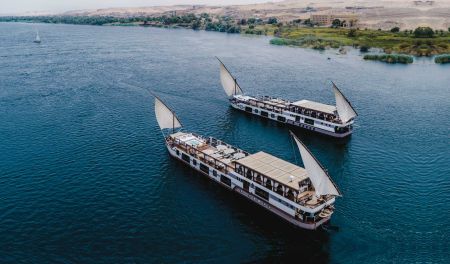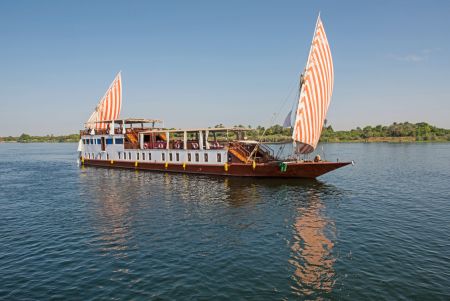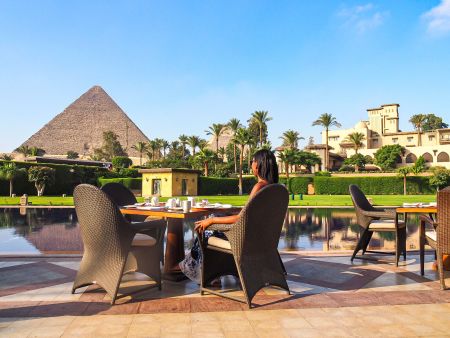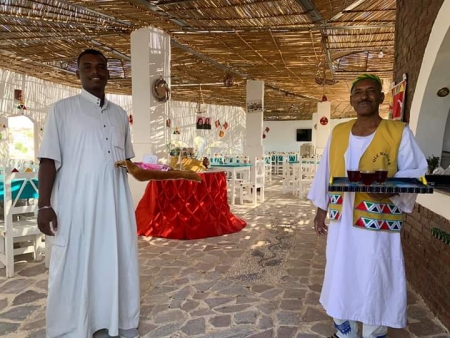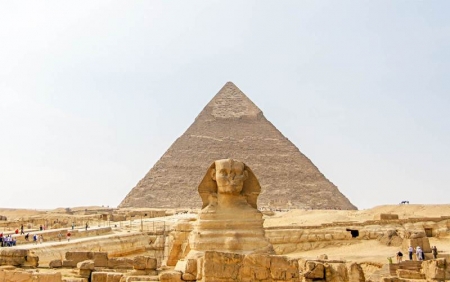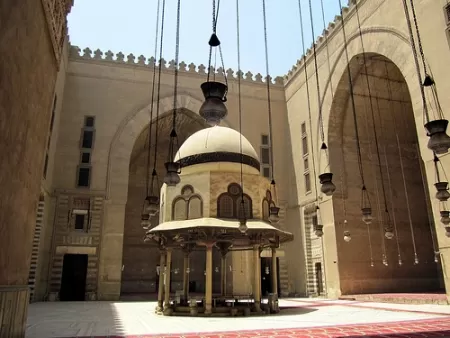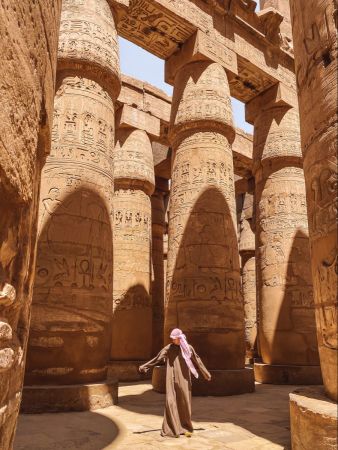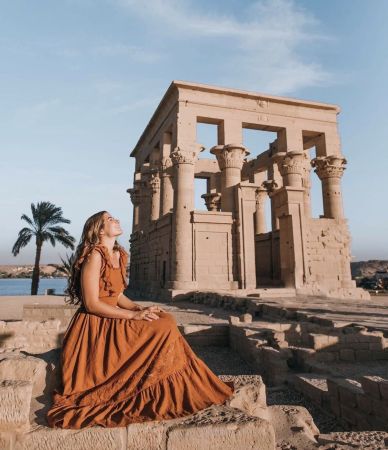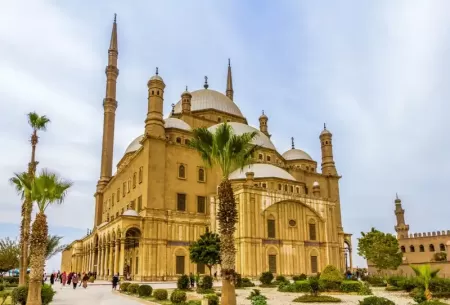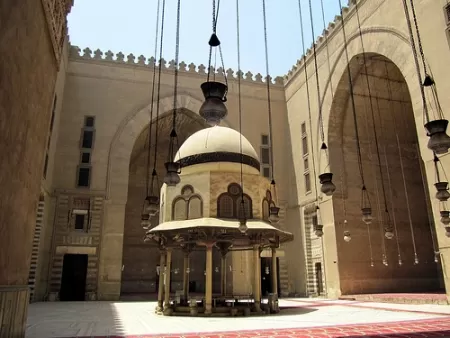A tour to the Egyptian Museum, Coptic, and Islamic Cairo showcases Egypt’s history in one unforgettable Cairo Day Tour.
The Islamic world boasts an extraordinary heritage that stretches back over 1,400 years, influencing vast regions of the globe. For those interested in delving into this rich spiritual and historical legacy, Egypt and Saudi Arabia offer two of the most significant destinations for exploring Islamic heritage. These countries, with their deep-rooted Islamic traditions, sacred sites, and architectural marvels, present a truly enriching experience for travelers seeking to understand the faith, history, and culture of Islam.
In this blog, we’ll explore the best Islamic heritage tour ideas across Egypt and Saudi Arabia. These tours will take you through the heart of the Islamic world, visiting key landmarks and historical sites that highlight the evolution of Islam and its profound impact on civilization. Whether you are a devout Muslim on a spiritual pilgrimage or a history enthusiast exploring the legacy of Islamic culture, this journey promises to be one of deep reflection and learning.
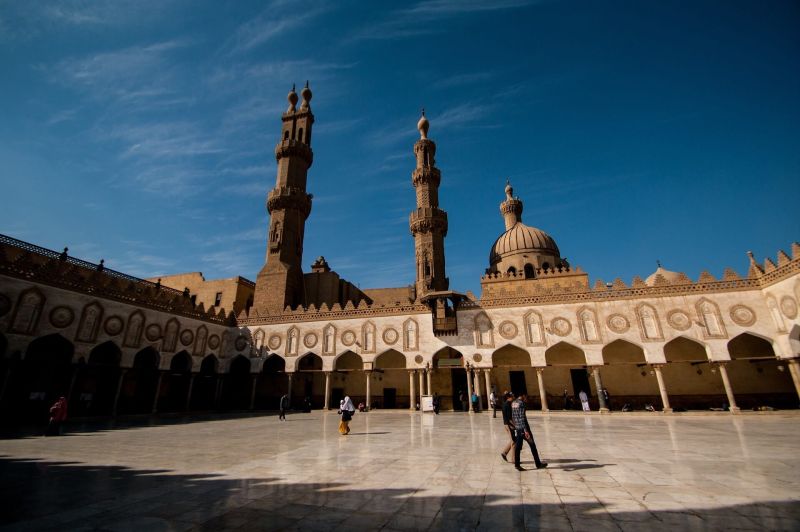
Islamic Heritage in Egypt Tours
Egypt’s role in the spread and development of Islam is immense. As one of the earliest countries to embrace Islam after the Prophet Muhammad's death, Egypt is home to some of the most iconic Islamic sites, with a history that intertwines both religious and cultural significance.
Islamic Cairo: A Walk Through History
The heart of Islamic heritage in Egypt lies in Islamic Cairo, a UNESCO World Heritage site. This district is home to some of Egypt's oldest and most iconic mosques, madrasas (Islamic schools), and Islamic monuments. A walking tour through Islamic Cairo offers a fascinating glimpse into Egypt’s Islamic past, from the medieval Fatimid dynasty to the grandeur of the Mamluks and Ottomans.
The Citadel of Saladin
Perched on a hilltop overlooking Cairo, the Citadel of Saladin is one of the most important Islamic monuments in Egypt. It was built in the 12th century by the legendary Muslim leader Saladin to defend Egypt from the Crusaders. The Mohammed Ali Mosque inside the citadel is an architectural marvel, with its towering minarets and grandiose design inspired by Ottoman styles. It offers stunning views of the city and is a perfect place to reflect on Egypt’s rich Islamic history.
Al-Azhar Mosque
Founded in 970 AD, Al-Azhar Mosque is one of the world’s oldest surviving universities and remains an influential center of Islamic learning. A visit to Al-Azhar offers an opportunity to explore its beautiful architecture, including its grand dome and the surrounding areas of religious study. For centuries, Al-Azhar has shaped Islamic scholarship, and its significance for Sunni Islam cannot be overstated.
The Sultan Hassan Mosque
One of the largest and most breathtaking mosques in Cairo, the Sultan Hassan Mosque was built in the 14th century and is considered a masterpiece of Mamluk architecture. Its sheer size and intricate design will leave visitors in awe. The mosque is a reminder of the Mamluk period’s cultural and religious influence over Egypt and the broader Islamic world.
The Coptic Influence: Christianity and Islam
While Egypt is predominantly Muslim, it is also home to one of the oldest Christian communities in the world. Coptic Cairo, the historical heart of Egypt’s Christian community, offers a unique chance to explore the coexistence of Islam and Christianity in this region.
The Hanging Church
The Hanging Church (Saint Sergius and Bacchus Church), built in the 3rd century AD, is one of the most significant Coptic Orthodox churches in Egypt. It is believed to be where the Holy Family sought refuge during their flight into Egypt, making it an essential stop for visitors interested in the history of Christianity and Islam in Egypt.
Coptic Museum
The Coptic Museum in Cairo provides insight into the rich history of Christianity in Egypt, with an extensive collection of ancient manuscripts, icons, and artifacts that showcase the early Christian presence in the region.
The El-Moez Street: Cairo’s Medieval Heart
El-Muizz Street, often referred to as the “street of a thousand minarets,” is an open-air museum in the heart of Islamic Cairo. This street is lined with remarkable examples of Islamic architecture, including mosques, madrasas, tombs, and palaces, many of which date back to the Fatimid, Ayyubid, and Mamluk periods. Strolling down Al-Mu’izz Street offers a powerful connection to the historical development of Islam in Egypt.
Islamic Heritage in Saudi Arabia Tours:
Saudi Arabia holds unparalleled significance in the Islamic world as the birthplace of Islam and home to the two holiest cities in the faith—Mecca and Medina. For Muslims, a pilgrimage to these cities is a sacred duty and an essential part of their spiritual journey.
Makkah: The Center of Islam
Makkah is the holiest city in Islam and the birthplace of the Prophet Muhammad. The Kaaba, located inside the Masjid al-Haram (the Grand Mosque), is the focal point of Islamic worship. Every day, millions of Muslims from around the world face the Kaaba in prayer, symbolizing unity and submission to God.
Hajj Pilgrimage
For Muslims, the Hajj pilgrimage is one of the five pillars of Islam, and performing Hajj in Mecca is a once-in-a-lifetime journey for many. Hajj involves several rituals performed over a few days, including the Tawaf (circling the Kaaba), standing at Arafat in prayer, and walking between the hills of Safa and Marwah. Hajj is not only a spiritual journey but also an opportunity for personal reflection and renewal of one’s faith.
Zamzam Well
Located within the Grand Mosque, the Zamzam Well is believed to be a sacred spring that miraculously appeared to Hagar and her son, Ishmael, in the desert. Pilgrims often drink from this blessed water as part of their spiritual journey.
AL-Madina: The Prophet’s Final Resting Place
Al-Madina is the second holiest city in Islam, where the Prophet Muhammad migrated to in 622 CE. The Al-Masjid an-Nabawi (Prophet’s Mosque) is one of the largest mosques in the world and houses the tomb of the Prophet Muhammad. Visiting the Prophet’s Mosque is a deeply spiritual experience for Muslims and provides a sense of connection to the life and teachings of the Prophet.
Quba Mosque
The Quba Mosque is the first mosque ever built by the Prophet Muhammad and holds immense spiritual significance. Muslims believe that praying at Quba Mosque brings great rewards, and many pilgrims visit this mosque as part of their spiritual journey to Medina.
Uhud Mountain
The Uhud Mountain is the site of the famous Battle of Uhud, where the Prophet Muhammad and his followers fought a pivotal battle. The mountain and its surrounding area are a place of reflection for Muslims, who remember the sacrifices made during this battle.
Jeddah: A Gateway to Pilgrimage
While Jeddah is not as religiously significant as Mecca or Medina, it plays an important role as the gateway for pilgrims traveling to these cities. Jeddah is home to the King Fahd Fountain, the tallest of its kind in the world, and the Historic Jeddah District, a UNESCO World Heritage site. For pilgrims passing through Jeddah, the city offers a welcoming and spiritual atmosphere before embarking on their pilgrimage to Mecca and Medina.
Islamic Heritage Tour Packages
For those interested in exploring the profound Islamic heritage of Egypt and Saudi Arabia, there are various tour packages that can take you on a journey through both countries. These tours are designed to offer a deep dive into Islamic history, culture, and spirituality, and they often include visits to the most significant religious sites, such as
Cairo’s Islamic Cairo district: Explore the mosques, madrasas, and Islamic architecture of Cairo’s medieval quarter, including the Sultan Hassan Mosque, Al-Azhar Mosque, and The Citadel of Saladin.
Mecca and Medina: Visit the sacred mosques of Masjid al-Haram in Mecca, Al-Masjid an-Nabawi in Medina, and Mount Arafat, as well as other important pilgrimage sites like Quba Mosque and Uhud Mountain.
Historical Islamic Sites in Egypt: Explore the ancient Mosque of Ibn Tulun, the Al-Mu’izz Street with its historical Islamic monuments, and the Coptic sites that show Egypt’s intertwined religious history.
A Journey of Faith and History
An Islamic heritage tour in Egypt and Saudi Arabia offers a profound opportunity to connect with the roots of Islam, explore its sacred sites, and reflect on the spiritual practices that have shaped the Muslim world. From the spiritual heart of Mecca and Medina to the historical mosques and monuments in Cairo, these countries are rich in both history and faith.
Book your Islamic heritage tour with Around Egypt Tours today to embark on a journey that will deepen your understanding of Islam, connect you with the faith’s most sacred sites, and provide a memorable experience of reflection, learning, and spiritual growth.
